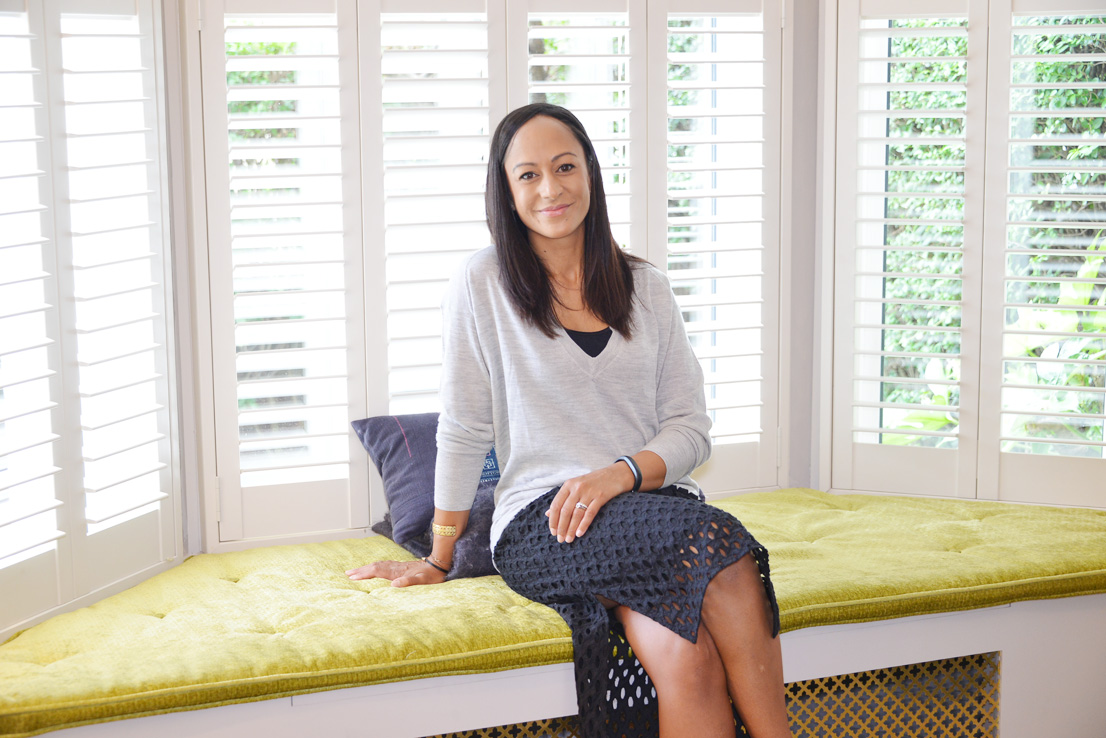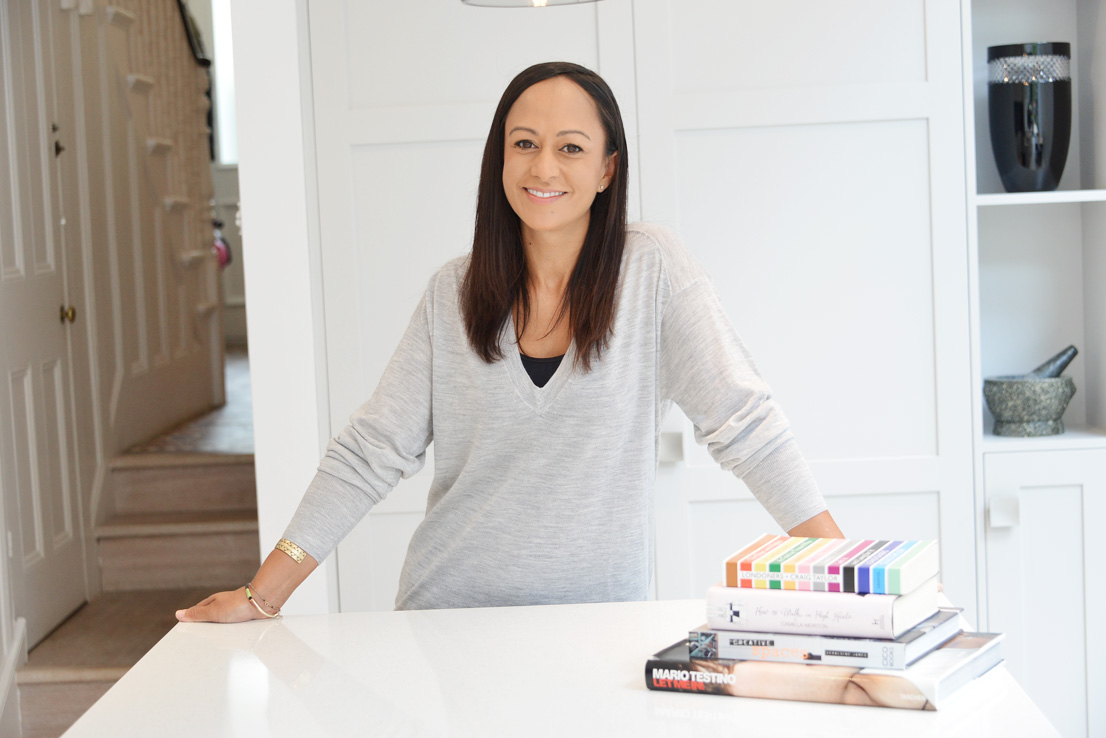Working at a fashion and lifestyle website, there are a lot of questions that coming flying our way when we tell someone what we do for a living. First on the list is always how similar it is to The Devil Wears Prada (FYI: not that much), followed by whether or not we get to wear items for the fashion cupboard (see previous answer), and then usually questions on what we wear to the office. The truth is, if we can shed light on anything in our industry, it is thus: first impressions count.
Now, this isn’t to say that the industry lives up to its judgmental stereotype – mostly they aren’t. What they do have, however, is high expectations. Time is on a budget and competition is high; if you want to make an impact, details are key. Of course, making a good impression counts no matter what your line of work is. Often however, things can go awry.
To get a handle on this, we wanted to quiz a HR guru at a fashion tech giant on what it really takes to make a lasting, positive impression on an employer. This is what Farfetch’s Global Talent & People Director had to say.
[show_shopthepost_widget id=”974081″]
“I consider myself very lucky to have a role where I get to interact with so many diverse people,” begins Sian Keane. “We now have offices in 8 countries and employ almost 800 people so we have a vast combination of cultures in Farfetch which I love! It’s great to visit our local offices to help plan and deliver new initiatives. My role works with all the local People teams (the HR facility) to plan how we attract, recruit, develop and retain talent. As Farfetch is growing at such a rapid pace we also focus a lot of effort into our values and culture, which is hugely important in protecting the DNA of our company . We work really hard at making Farfetch a happy, exciting and rewarding environment for all of our people.”
“Applying for a job in 2015 means multiple stages before you even have an interview. If you want to make a first impression before you actually meet them, it is so important to take the time to plan your approach to a prospective employer. Make sure you understand both the company and the position you are applying for and tailor your CV and covering email/application to show the real skills you have in the area. A stand out CV will include facts, figures and descriptions of your skills in the area you are applying. Find a way to express your industry knowledge, talent and passion at the initial stage to attract the attention of your dream company.”
 “When I first meet a candidate, confidence is key – good eye contact and a warm smile show you are interested in being there and want to make a good impression. Have a couple of (positive) things ready to say when you first arrive for an interview as no doubt you will have a least a short walk to the meeting room. Of course appearance is important, no matter what the industry so be ready and dressed to put your best foot forward.”
“When I first meet a candidate, confidence is key – good eye contact and a warm smile show you are interested in being there and want to make a good impression. Have a couple of (positive) things ready to say when you first arrive for an interview as no doubt you will have a least a short walk to the meeting room. Of course appearance is important, no matter what the industry so be ready and dressed to put your best foot forward.”
“In terms of do’s and don’ts, it’s common knowledge that discussing salary in your first interview is not ideal, unless the employer raises it as a question. A big turn-off for me is when someone has not done their research on Farfetch and does not have an opinion on our business model or history. It’s so simple to research information about a company so take the time for sure to know at least 3 things and have at least another 3 interesting questions to ask about the job or the company. Also, think about the questions you are being asked – the interviewer wants to understand your specific skills and experience so plan examples of your work in advance and try and thread the examples into relevant questions. You need to be able to show what you delivered and were responsible for – not your whole department.”
“When starting in a new office, introduce yourself to as many people as possible and try and mingle outside of your team. In Farfetch it’s easy as there are so many new people (we had almost 70 last month!) you are never the new person for very long. Join as many social activities as possible, eat lunch in shared areas and you will find your new work buddies and friends before you know it.”
“Finally, the interview outfit? It’s important, yes, but I would say it’s much more important to plan your research and responses. You don’t have to buy a new outfit, be yourself but just be well presented and think about the company you are applying to. Farfetch has a relaxed dressed code so we do not expect people to arrive in suits and ties but there are plenty of industries where anything less would not be acceptable. No matter what the dress code, big turn-offs for me are scruffy clothes and shoes…”
Photographs by David Nyanzi with art direction by Naomi Mdudu.


